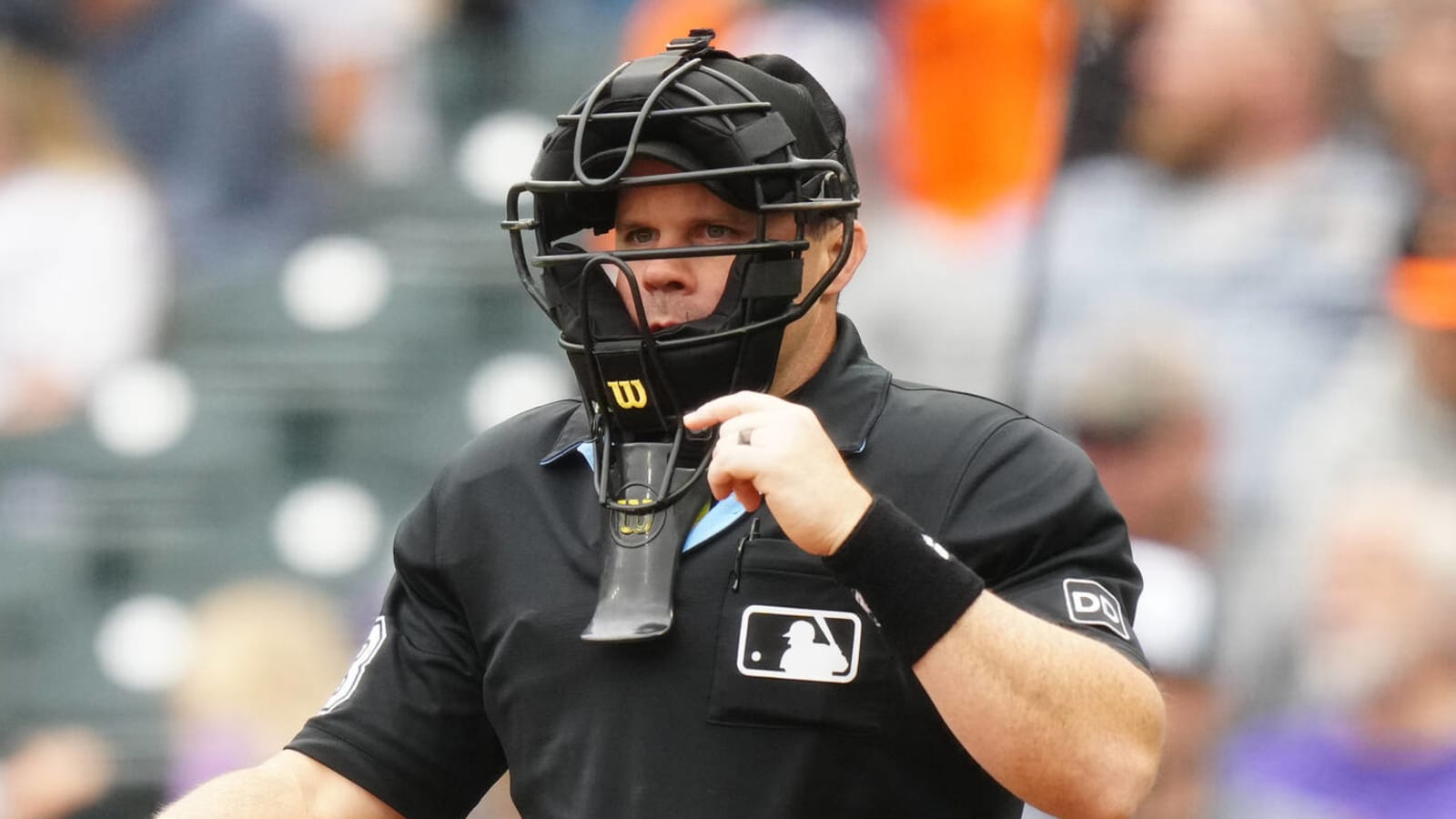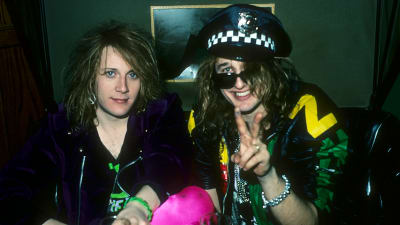
Does MLB need robot umpires?
Umpires have hard gigs.
Tracking something three inches in diameter moving anywhere from 80-100 miles per hour is difficult. Despite this, MLB umpires made the correct ball/strike call more than 92 percent of the time last season per Fangraphs.
But sometimes they mess up big-time, such as in Monday night's Nationals-Mariners game.
With the bases loaded in the top of the ninth, Mariners pitcher Paul Sewald threw a 1-2 pitch to the potential tying-run Jeimer Candelario. With the benefit of the on-screen strike zone, fans could tell the pitch was well outside.
Home plate ump Mark Carlson thought otherwise, calling strike three and ending the game.
It was past the ump’s bedtime pic.twitter.com/VMEOdz33ob
— Jomboy Media (@JomboyMedia) June 27, 2023
Carlson's blunder is far from the first blown call behind the plate this season.
How about this game between the St. Louis Cardinals and Los Angeles Dodgers on May 20 with Giovany Gallegos "striking out" Mookie Betts to end the game?
Game over pic.twitter.com/cMIMbdjbtH
— Welcome to the Ump Show (@umpjob) May 21, 2023
Or this key moment on May 13 between the New York Yankees and Tampa Bay Rays?
Full count, eighth inning, one-run game, runner on second base and a full count pic.twitter.com/shz44kqzAp
— Welcome to the Ump Show (@umpjob) May 13, 2023
Calls like these are why MLB has been developing robotic technology to determine balls and strikes: technology that's now being tested in the highest level of minor league baseball. Players, managers and fans alike are simply tired of the inconsistency of the human strike zone.
While some modern-day baseball rules would seem foreign or even offensive to players from the early days of the game, the strike zone would still be fairly recognizable.
In 1887, the rules defined a strike as a pitch that "passes over the plate no lower than the batsman's knee nor higher than his shoulders," and today it remains mostly the same.
The problem is no two umpires have the exact same zone.
The YES Network began expressing this inconsistency with their "Home Plate Umpire Report," indicating if a particular umpire's strike zone favors hitters or pitchers.
The issue here is clear: the human element of umpires naturally leads to not just the occasional incorrect call, but entire games played with an incorrect implementation of one of the most important rules, with these mistakes changing from game to game.
This is where robocalls-umps could save the day.
If "properly calibrated," ESPN's Jeff Passan wrote, "it completely eliminates human error." And while it would impact the value of catchers who make their living deceiving umpires by framing balls as strikes, it would also provide consistency as well as putting final results solely in the hands of players.
Commissioner Rob Manfred has shown his willingness to adapt the sport. This season, MLB introduced the pitch clock and shift rules after testing them in the minors. The news rules have received a mostly positive reception.
So will robots start calling balls and strikes at the MLB level? Let's hope so.
More must-reads:
- Merrill Kelly opts to return to Diamondbacks after a half season with Rangers
- Yankees’ fatal flaw is becoming irreparable as slow offseason wears on
- The 'AL and NL MVPs since 2000' quiz
Breaking News
Trending News
Customize Your Newsletter
 +
+
Get the latest news and rumors, customized to your favorite sports and teams. Emailed daily. Always free!








